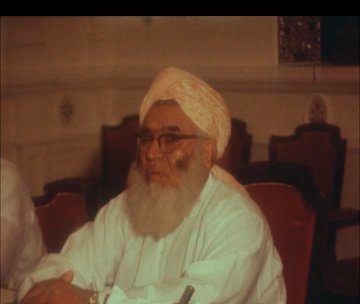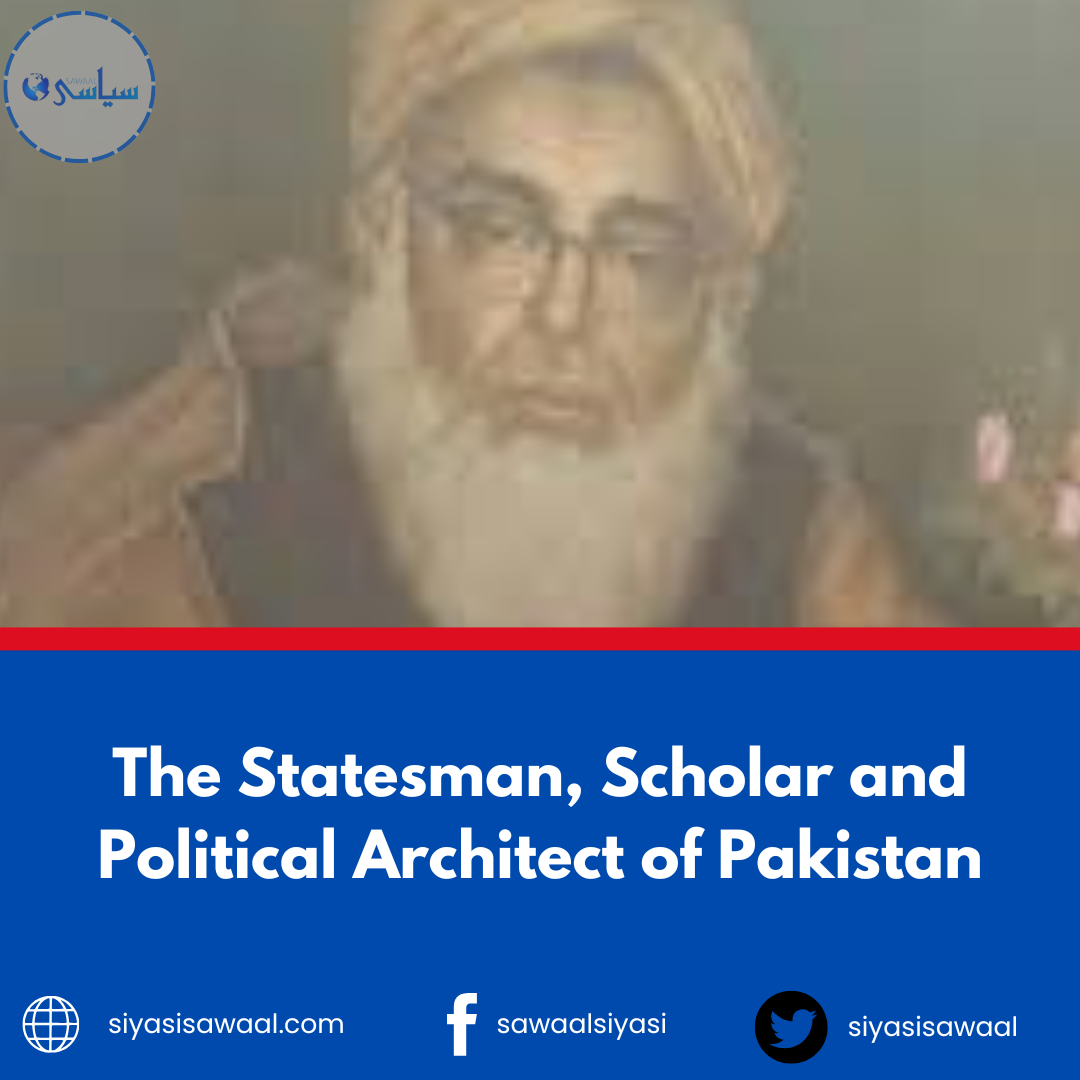Mufti Mehmood: The Statesman, Scholar, and Political Architect of Pakistan
Mufti Mehmood was an able man full of vision, conviction, and with deep faith in religion. He was regarded as one of the eminent Islamic scholars and political leaders and also considerable importance in the later critical years of Pakistan helping in shaping the political and ideological development of this nation.

Mufti Mahmood’s commitment to Islamic principles, national integrity, and democratic ideals was something that remained with him throughout his life-from the early days of opposition to the very creation of Pakistan to playing a leading role in opposition movements that managed to bring down the country’s political elite.
Early Life and Education
He was born in Abdul Khel in January 1919. Mufti Mehmood was of Marwat Pashtun descent. His father was a prominent spiritual leader and instilled in him Islamic values, spirituality, and leadership. In this regard, Mufti Mehmood was a strong religious character that would define much of his later career. It was under the tutelage of his father and the spiritual heritage that his family had something continuously influencing on Islam and Islamic rule.
Mufti Mehmood received his traditional Islamic education from Madrasa Shahi, Moradabad, Uttar Pradesh, following which he graduated from the most famous of them all, Dar-ul-Uloom Deoband a tremendous Islamic erudition throughout the subcontinent.
Early Political involvement
Mufti Mehmood initially was against the partition of India into a seperate country. However with the passage of time his thinking changed.
His skepticism at the time of the emergence of the new nation cropped up with apprehensions related to the protection of Islamic values and the future of Muslims in a divided subcontinent. However, while political destiny in the region was taking its course, Mufti Mehmood participated more and more actively in the movement for Pakistan’s independence, believing that a separate homeland for Muslims alone would guarantee their rights, both religious and political.
Starting to take an active part in the political life of the country in the 1950s, when problems and identity crises beset Pakistan, Mufti Mehmood’s already commanding spiritual position was amply complemented by his intellectual abilities as he emerged as an important figure in the religious and political affairs of Pakistan.
In the early 1960’S, Mufti Mehmood became one of the most vibrant figures within Jamiat Ulema-e-Islam, a political party formed by Maulana Shabir Ahmed Usmani specifically to integrate the religious thinking with the demands of the current politics.
A Champion of Religious and Political Causes
The political career of Mufti Mehmood remained considerably wrapped in his religious political thought of Islamic values in the politics of Pakistan. All his life, he stood for the concept of an Islamic state running on the principles of Islamic law. It was the closely guarded nuances of the Fiqh or Islamic jurisprudence which moulded his political philosophy.
He was one of the most influential spokespersons for the rights of the religious minorities & protection of Islamic values in Pakistan.
He had earlier contended a seat in the National Assembly in 1962 on the basis of President Ayub Khan’s unpopular Basic Democracy Program. Mufti Mehmood emerged victoriously with a landslide and routed all his rivals in Dera Ismail Khan. Meanwhile, he emerged as a severe critic of all the policies being implemented by the state regarding its family planning program and the infamous “One Unit” scheme aimed at bringing four provinces together under one single administrative unit.
His opposition against all these policies and preaching of Islamic values brought him into the limelight as an aggressive guard of the subcontinent’s religious and political autonomy.
Opposition Leader
Mufti Mahmood emerged as the opposition leader whose political career peaked after the 1970 general elections when he came upfront as the prominent leader of opposition to the government led by Zulfiqar Ali Bhutto. Following the stormy elections of 1970 in which Bhutto’s PPP was the dominant force to emerge, Mufti Mahmood’s JUI emerged as a key player in the opposition coalition known as the Pakistan National Alliance. (PNA)
In the general elections of 1970, Mufti Mehmood routed Bhutto by a huge margin at Dera Ismail Khan seat in the National Assembly. His victory proved to be an edge in the political history of Pakistan because it showed the clear revolt of a sizeable percentage of religious and conservative people against the manifesto of Bhutto. The opposition to Bhutto was very actively led by Mufti Mehmood.
Islamic Reforms
He brought a number of reforms during his tenure as chief minister in order to bring the province into line with his idealism of the Islamic Order. Among such reforms, the most famous one he brought in was a complete ban on alcohol throughout the province. All such steps reflected that he paid great heed to the Islamic values. He gave Urdu the status of an official language instead of English in the government offices and aligned the province according to the rest of Pakistan. He abolished interest-based monetary transactions part and parcel of establishing an Islamic economic system. Moreover, he declared Friday a weekly off in the province and further crystallized his Islamic agenda which he stood for.
Key Role in Tehreek-e-Khatme Nabuwwat
Mufti Mehmood played not only an essential role in political reforms but also during the concluding phases of theTehreek-e-Khatme Nabuwwat.
Into the heart of this movement, In 1974, the Ahmadiyya declared non-Muslim, which then became part of the constitutional amendment in Pakistan. Mulana entrenched himself as a stalwart protector of Islam. His determination to defend the principles of Islam against what he perceived to be threats to the faith.
Legacies as Scholar and Statesman
No less important was Mufti Mehmood’s role in Islamic scholarship. In his life he gave more than 25,000 fatwas. He had written some fundamental books like Tafsīr-i Maḥmūd, Translation and commentary of the Holy Quran and Fatāvʹa Muftī Maḥmūd was one great collection of his fatwas.
Mufti Mehmood was a highly respected for his leadership at Jamia Qasim-ul-Uloom in Multan. which is one of the most esteemed religious institutions in Pakistan. In fact, his disciples consisted of most of the top figures in Pakistan’s religious and political life.
Death and Legacy
Mufti Mehmood died on 14th October 1980 at the age of 61 years in Karachi. He was buried in his hometown of Abdul Khel, Dera Ismail Khan. He is one of the strongest figures in the annals of Pakistan concerning politics, religious movement leadership, and scholarship.
